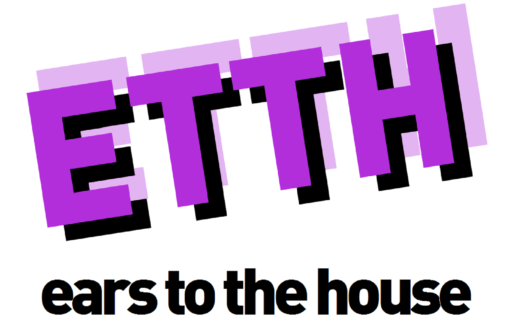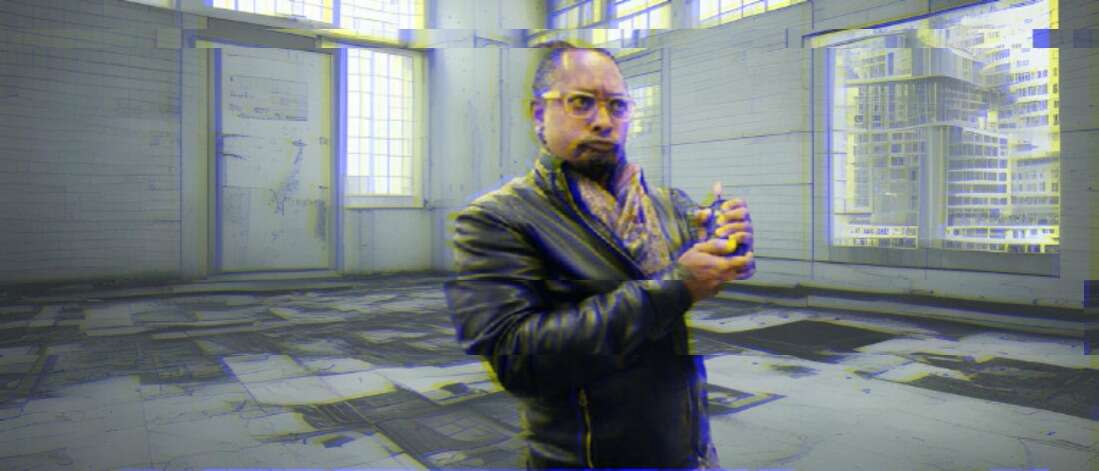Anyone reading coverage in the dance music press of festivals usually finds the same thing. The review is normally very positive – the music was great, the atmosphere was friendly and so on. You might get one or two minor negatives, but they tend to be sandwiched in between the positives.
Rarely, if ever, will you find a review which says the festival was downright awful. But why? To demonstrate, Ears To The House decided to take a look at the process involved in doing an official review – and what better example than the recent Movement Electronic Music Festival in Detroit? So how do they do things?
We don’t have to go far to find the answer. A quick look at the FAQs section on the Movement Detroit website includes the question “I’m a professional photographer/ journalist for a news organization- how do I apply for press credentials?”. An application form is then provided with the ominous disclaimer “walk-up requests for press/photo credentials will not be granted”.
The application form throws up no surprises at first – details like the journalist’s name and that of the press organisation are to be expected. It also must be stated that an application process like this is not something solely restricted to Movement – many festivals and clubs also use them.
The form also requests details about how many followers they have on social media, as well as questions over “advanced coverage” – which we assume to mean coverage before the day, such as a profile of the event or an interview with someone due to appear. It allows newspapers, magazines, TV, radio, college and online outlets to apply for media credentials at the event, including bloggers.
Which leads us to wonder – what’s with all these attempts to try and control coverage of their event? This kind of news management might please rich sponsors keen to avoid negative press or journalists in the dance music press who consider themselves gatekeepers – but it belongs firmly in the past.
This is now the age of the internet. Anyone with a device which connects online can write a review or take some pictures at the festival. There is nothing, for example, to stop someone from Ears To The House buying a ticket in the normal way, taking a few photos whilst inside and publishing our own review. Quite what advantage is to be gained from obtaining a press pass – which can allegedly be withdrawn if Carl Craig doesn’t like you – isn’t clear.
What happens if a journalist attends the event and thinks it’s terrible? If they write what they honestly believe, their article is likely to get spiked the moment an editor with their own agenda sees it. If they choose to lie and pretend it was great, they’re keeping the corporate machine happy – whilst projecting to the world that they’ve got no integrity.
And if a bad review does somehow end up being published, what are the odds the publication or journalist will end up being blacklisted in the future? Whilst there is no suggestion here of foul play from Movement – our Detroit sources confidently tell us it’s one of the most well-run festivals in the city – this kind of system just looks like an attempt to kowtow the media.
Festivals might be wise to consider either improving their offering to those approved for press passes – or just drop this antiquated procedure…



